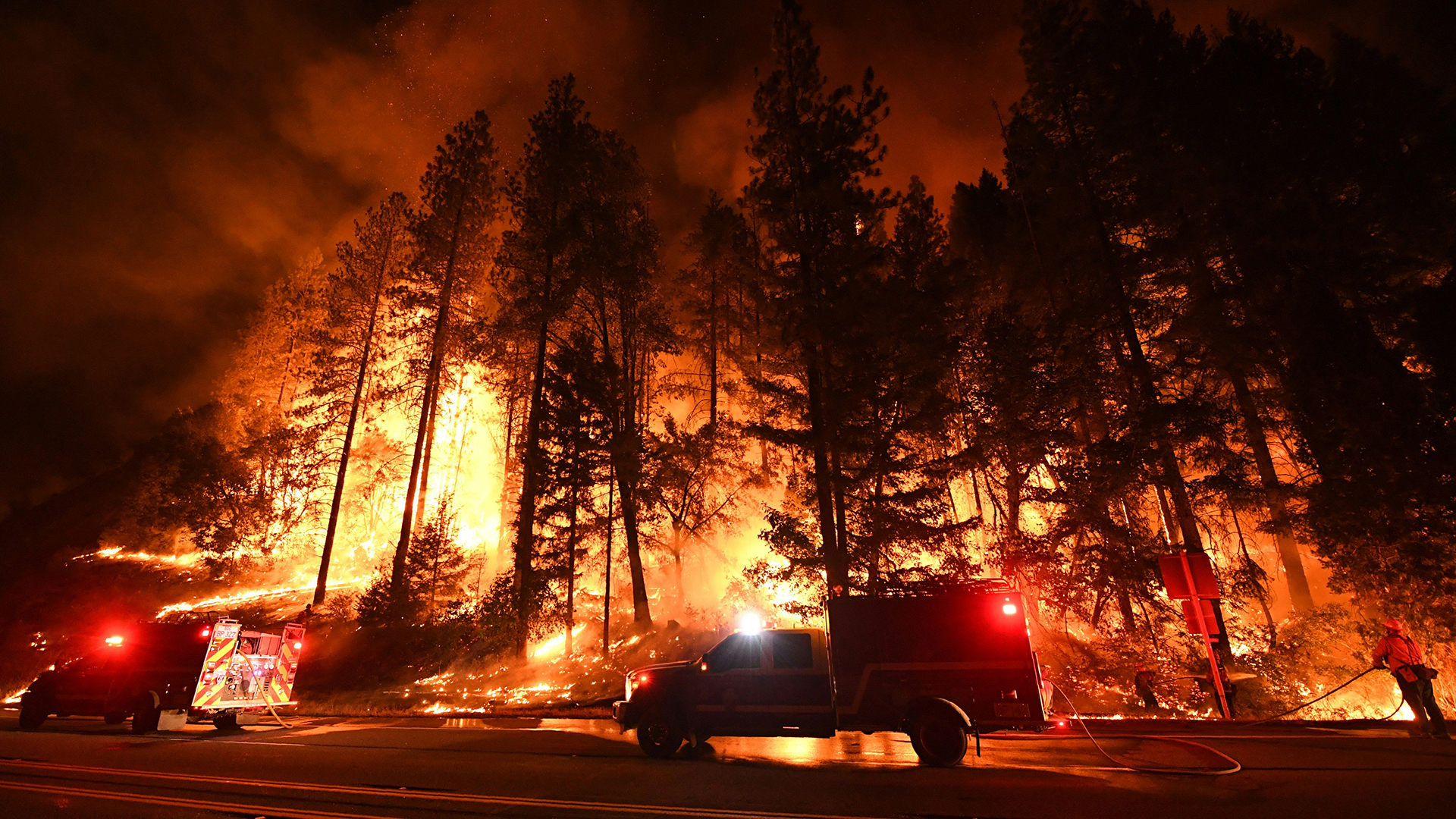

Uber is overhauling the way it responds to emergencies and natural disasters. In a blog post, the ride-hailing company said it now has a centralized command center that will direct responses to disasters, including instituting temporary price caps and suspending service.
Uber’s new Global Security Center will monitor situations that may affect the company’s business 24/7. The center is staffed with security and disaster management experts who speak a dozen different languages and have lived and worked around the world, according to Uber. The company added that it follows “local laws and regulations related to states of emergency where they apply.”
In the event of an emergency, the center will call for a cap on trip pricing in the affected area. Staff will also review any cases where customers may have been overcharged, and work to issue a refund, Uber said. Customers will be able to report issues directly to the center using the Uber app.
Uber has been criticized for its response to emergencies and natural disasters in the past. In 2014, Uber said it would cap surge pricing during these events, but the company has been slow to respond in the moment. The company was criticized for not suspending surge pricing quickly enough after a 2017 terrorist attack in London, and a 2016 bombing in New York City.
A decision to lift surge pricing during a January 2017 taxi driver strike at New York’s JFK airport prompted calls for a boycott, and the rise of the #DeleteUber hashtag on social media. That incident kicked off a year of scandals for the company, leading to the ouster of CEO Travis Kalanick. Current CEO Dara Khosrowshahi has tried to be more diplomatic with the public, and has instituted a number of policy changes in order to rebuild trust. But Uber’s performance during the next major disaster will be the real test.